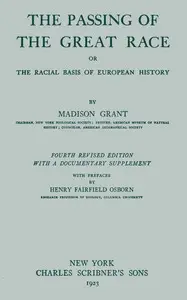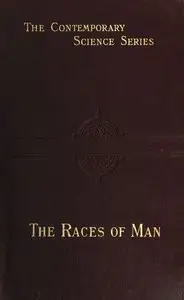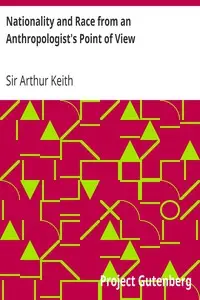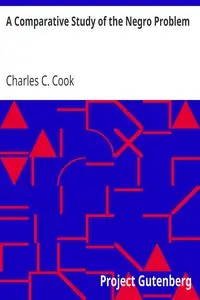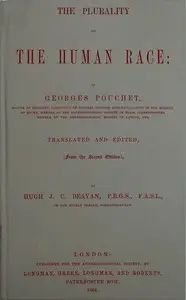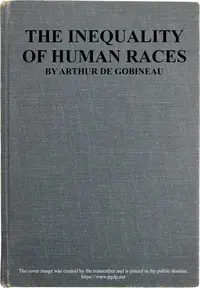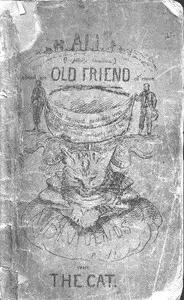"The Moral and Intellectual Diversity of Races" by Arthur Gobineau is a scholarly work from the 1800s, investigating the different moral and intellectual qualities among human races and their effects on history and government. Gobineau's goal is to figure out how these racial traits impact the progress of societies. The book starts by explaining the background and setting up the study of racial and ethnic differences and their effects on history and leadership. It shares how the author’s work in political diplomacy began his desire to examine the different abilities and traits of races, which he thinks play a big part in how they grow socially and politically. Early parts of the book question the idea that all races are equal by pointing out their different skills and what they have contributed to civilization over time. The editor stresses that this study is important for understanding modern ideas about race and nation.
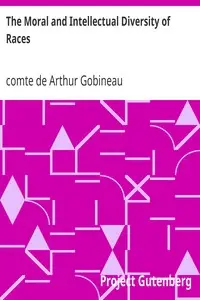
The Moral and Intellectual Diversity of Races With Particular Reference to Their Respective Influence in the Civil and Political History of Mankind
By Arthur Gobineau
A controversial study questions accepted wisdom by examining if inherent racial differences shape the course of history and governance.
Genres
Released
2011-08-17
Formats
epub3 (images)
epub (images)
epub
mobi (images)
mobi
txt
Free Download
Summary
About the AuthorJoseph Arthur de Gobineau was a French aristocrat who is best known for helping introduce scientific race theory and "racial demography", and for developing the theory of the Aryan master race and Nordicism. Known to his contemporaries as a novelist, diplomat and travel writer, he was an elitist who, in the immediate aftermath of the Revolutions of 1848, wrote An Essay on the Inequality of the Human Races. In it he argued that aristocrats were superior to commoners and that aristocrats possessed more Aryan genetic traits because of less interbreeding with inferior races.
Joseph Arthur de Gobineau was a French aristocrat who is best known for helping introduce scientific race theory and "racial demography", and for developing the theory of the Aryan master race and Nordicism. Known to his contemporaries as a novelist, diplomat and travel writer, he was an elitist who, in the immediate aftermath of the Revolutions of 1848, wrote An Essay on the Inequality of the Human Races. In it he argued that aristocrats were superior to commoners and that aristocrats possessed more Aryan genetic traits because of less interbreeding with inferior races.
Total Reviews
10.0k
Total reviews from Goodreads may change

